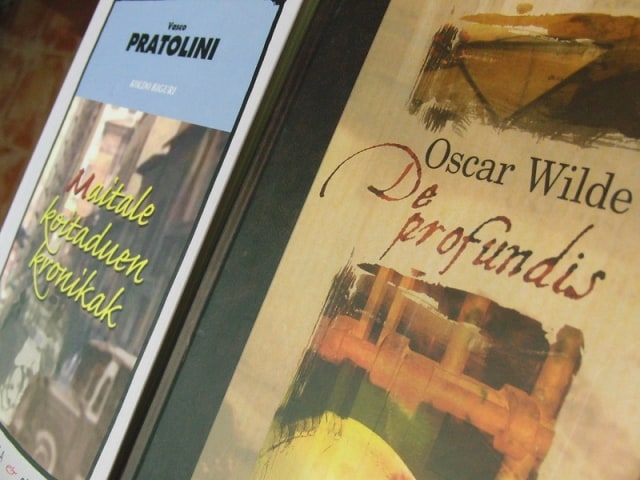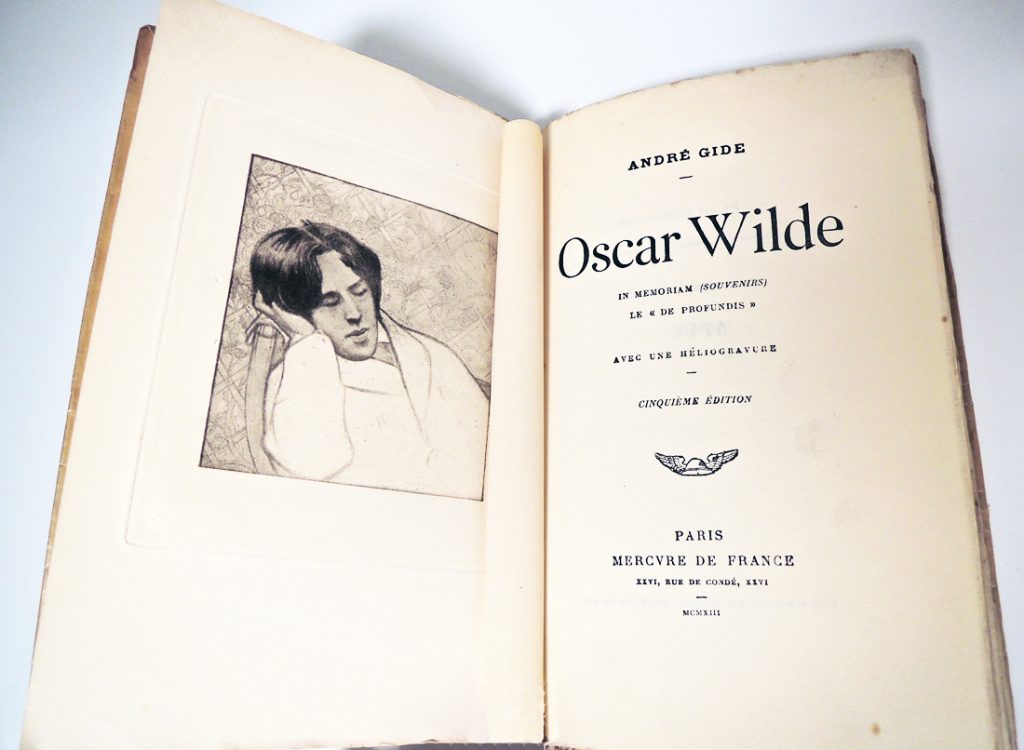


In contrast to Wilde, who caused scandal when his “double life” came to light and who tried to portray his relationship with Douglas as something other than sexual, Ross himself was openly gay. Ross had been Wilde’s companion too, and his urn is buried in Wilde’s tomb in Paris’ Père Lachaise Cemetery. After his release from prison, Wilde gave the letter to his close friend Robbie Ross - a Canadian-born journalist, art critic and later the author’s literary executor. Originally, Wilde entitled his letter to Douglas as Epistola: In Carcere et Vinculis (Letter: In Prison and in Chains). Like Wilde’s life, the fate of De Profundis was a complicated one. It’s when he finds his way out of the labyrinth of self-pity and explores concepts of faith, art and incarnation that his letter shows itself to have much depth. Wilde’s letter is rife with sentimentality, frustration and bitterness, as well as a haughtiness and classism that appears to be how the author attempts to restore his sense of dignity after much public humiliation and a torturous time in prison. During his final months of imprisonment, Wilde worked daily in his cell on a rambling letter addressed (but not sent) to Douglas. In 1897 Wilde was languishing in Reading prison on a conviction of gross indecency when the reformist and compassionate warden, Major Nelson, agreed that writing could prove therapeutic for the celebrity inmate whose mental and physical health had declined considerably in two years of incarceration. Oscar Wilde, De Profundis, Dover Thrift Edition (Kindle), 2013, 98 pgs.ĭe Profundis, a 55,000 word letter from disgraced author Oscar Wilde addressed to his love, Lord Alfred Douglas, who had spurned him, is at times more compelling due to its history, form and intended purpose than its actual substance.


 0 kommentar(er)
0 kommentar(er)
